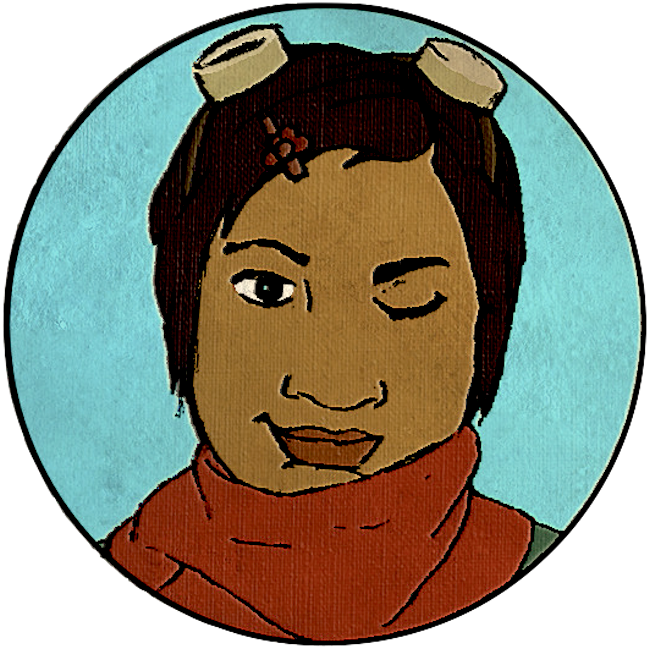Discworld (series): Difference between revisions
No edit summary |
No edit summary |
||
| Line 1: | Line 1: | ||
{{DISPLAYTITLE:''Discworld'' (series)}}{{wikipediainfo}}[[File:Discworld Logo.png|thumb|right|275px|One of the logos of the series.]]The '''''Discworld''''' series was a comedic fantasy series created by {{w|Terry Pratchett|Terry Pratchett}} in 1983, starting with the novel ''{{w|The Colour of Magic|The Colour of Magic}}''. He continued to write further ''Discworld'' books until his death, to much acclaim, and the series has also branched out into video games, TV movies, and TV series. | {{DISPLAYTITLE:''Discworld'' (series)}}{{wikipediainfo}}[[File:Discworld Logo.png|thumb|right|275px|One of the logos of the series.]]The '''''Discworld''''' series was a comedic fantasy series created by {{w|Terry Pratchett|Terry Pratchett}} in 1983, starting with the novel ''{{w|The Colour of Magic|The Colour of Magic}}''. He continued to write further ''Discworld'' books until his death, to much acclaim, and the series has also branched out into video games, TV movies, and TV series. | ||
The series has never officially crossed over with any elements of the [[Jenny Everywhere]] mythos. However, the unofficial short story ''[[Pratfall (short story)|Pratfall]]'', written by [[Scott Sanford]], featured [[Jenny Everywhere#On the Discworld|a version of Jenny]] native to the [[Discworld|titular Discworld]], coming across the series' famous [[ | The series has never officially crossed over with any elements of the [[Jenny Everywhere]] mythos. However, the unofficial short story ''[[Pratfall (short story)|Pratfall]]'', written by [[Scott Sanford]], featured [[Jenny Everywhere#On the Discworld|a version of Jenny]] native to the [[Discworld|titular Discworld]], coming across the series' famous [[Death of the Discworld|embodiment of Death]]. Its cover mimicked the covers of early editions of official ''Discworld'' novels. | ||
Additionally, the concept of [[L-Space]] was alluded to in [[Jeanne Morningstar]]'s ''[[The Hermetic Garbage of Jenny Everywhere (novel)|The Hermetic Garbage of Jenny Everywhere]]'', and mentioned by name in [[Aristide Twain]]'s ''[[You've Been To Eden, I Perceive (short story)|You've Been To Eden, I Perceive]]''. | Additionally, the concept of [[L-Space]] was alluded to in [[Jeanne Morningstar]]'s ''[[The Hermetic Garbage of Jenny Everywhere (novel)|The Hermetic Garbage of Jenny Everywhere]]'', and mentioned by name in [[Aristide Twain]]'s ''[[You've Been To Eden, I Perceive (short story)|You've Been To Eden, I Perceive]]''. | ||
Revision as of 15:20, 20 July 2024
The Discworld series was a comedic fantasy series created by Terry Pratchett in 1983, starting with the novel The Colour of Magic. He continued to write further Discworld books until his death, to much acclaim, and the series has also branched out into video games, TV movies, and TV series.
The series has never officially crossed over with any elements of the Jenny Everywhere mythos. However, the unofficial short story Pratfall, written by Scott Sanford, featured a version of Jenny native to the titular Discworld, coming across the series' famous embodiment of Death. Its cover mimicked the covers of early editions of official Discworld novels.
Additionally, the concept of L-Space was alluded to in Jeanne Morningstar's The Hermetic Garbage of Jenny Everywhere, and mentioned by name in Aristide Twain's You've Been To Eden, I Perceive.
Dog Days of Sumer made no use of Discworld concepts in its narrative but was released on May 25th, a date of some in-universe significance within the Discworld universe, and prefaced with two verses of a song extracted from Night Watch in allusion to that fact.


